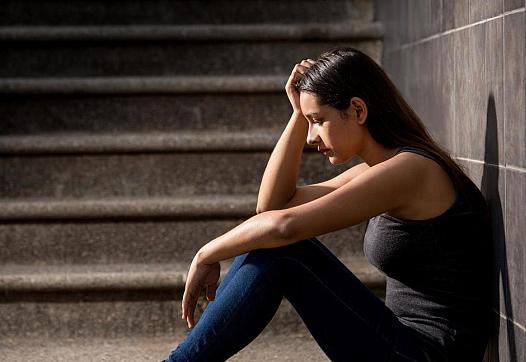
Dulce Castro, an 18-year-old DACA beneficiary, used to sleep eight hours a night, but since Trump announced he was ending the program on Sept. 5, she's been lucky if she gets four hours of uninterrupted rest.

Dulce Castro, an 18-year-old DACA beneficiary, used to sleep eight hours a night, but since Trump announced he was ending the program on Sept. 5, she's been lucky if she gets four hours of uninterrupted rest.
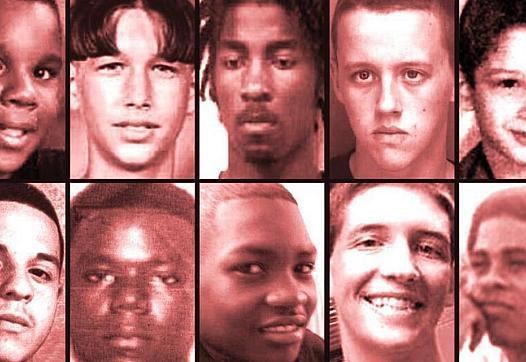
This article and others in this series were produced as part of a project for the University of Southern California Center for Health Journalism’s National Fellowship, in conjunction with the USC Annenberg School for Communication and Journalism....
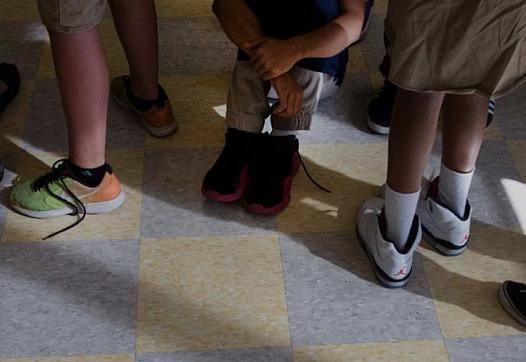
More children of undocumented immigrants now live in fear and survival mode as the Trump administration’s aggressive immigration enforcement policies distress them as never before.
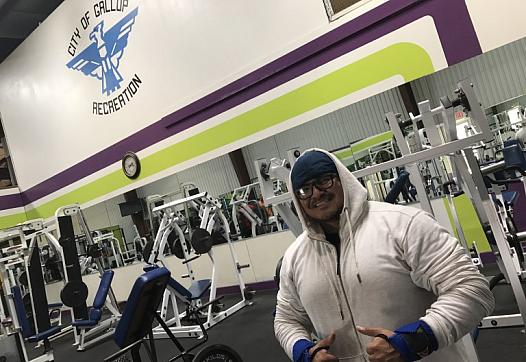
Navajo comedian, motivational speaker and advocate Pax Harvey is among advocates addressing health and wellness in tribal communities at a grassroots level.
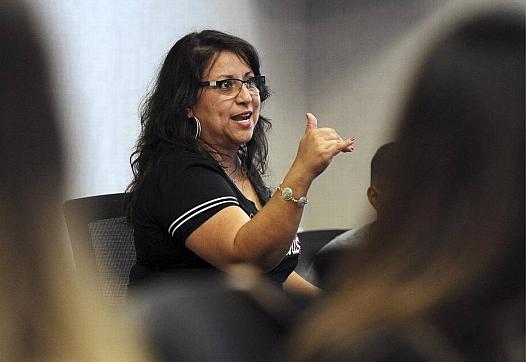
The neighborhood a child grows up in may be the biggest contributor to teen pregnancy rates. And one way to reduce the number of teen pregnancies is to provide structure, like after-school activities, to teens in needy neighborhoods.
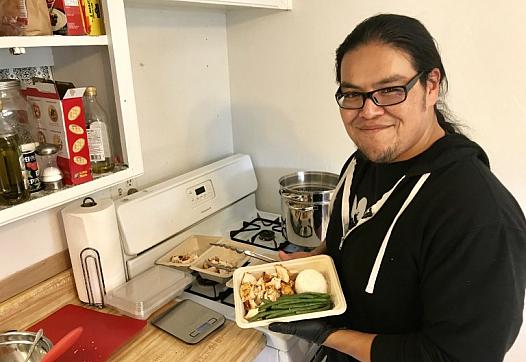
Through a fellowship with the USC Annenberg-Center for Health Journalism, we travel to LA and look at a program, which is helping ensure babies and parents are safe, healthy, and at the same time connecting them to other Native Americans in the big city.
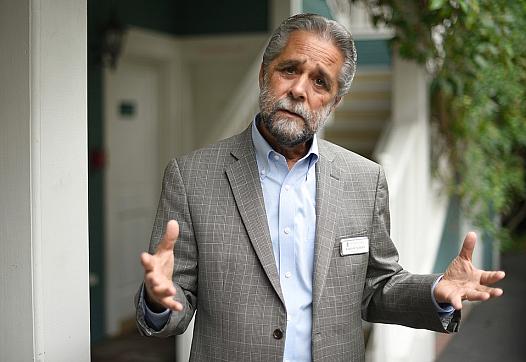
A new facility will offer medical and dental services targeting those with mental-health and addiction issues -- the first of its kind in Santa Barbara and the only one between Los Angeles and San Francisco.
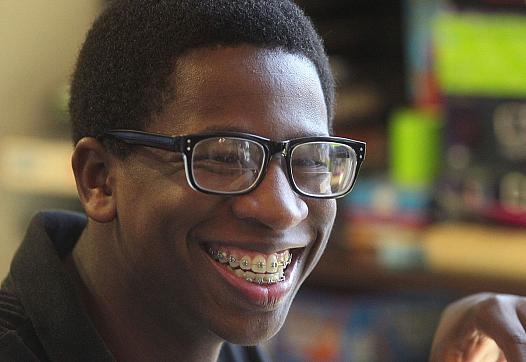
While scores of public agencies are working to develop resources and programs to address childhood trauma and toxic stress in their communities, San Joaquin County in California has been turning itself into a model for how to address the issue.
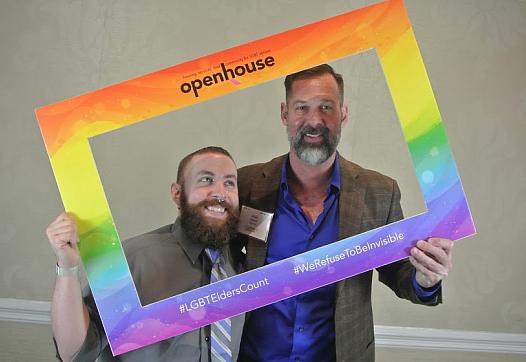
In an era when good data about the lesbian, gay, bisexual and transgender community remains elusive, reporter Matthew Bajko unearths currently available sources.
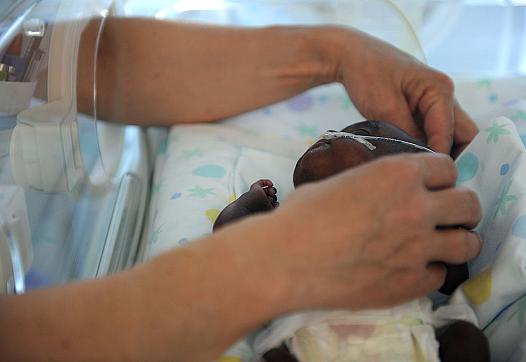
A recently-published Stanford University study found that race influences the quality of care premature babies receive. Though, the lead researcher was clear that the study was not about uncovering racial bias.